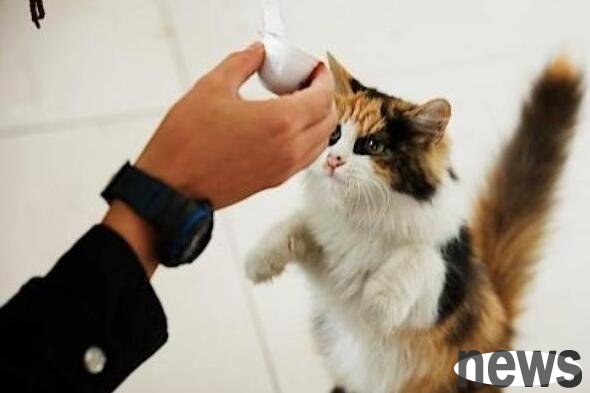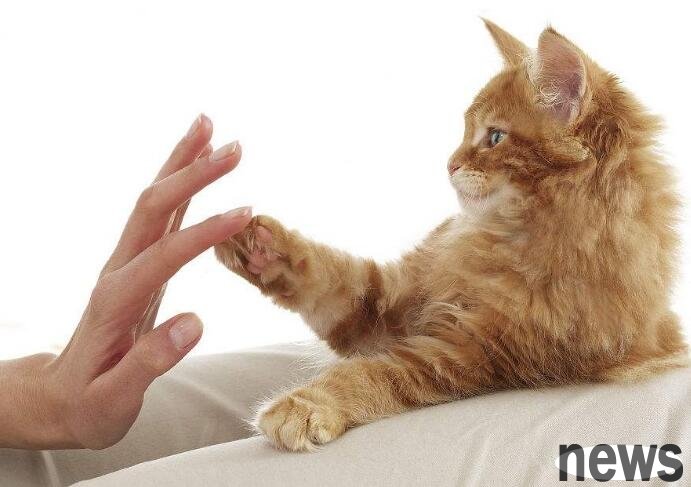Do you really know how to train cats? The basic training of cats! In most people's impression, cats are by no means easy to train animals. They are very smart and know to seize their master's weaknesses to "cheat food and drink"; they are very independent, and even if the master ignores them, they can live well; they are very selfish and can pretend to not hear their master's screams when they don't want to pay attention to their master. Despite this, cat slaves still hope to train their cats one day. In fact, there are some methods to train cats. If you want to know whether you can really train cats, owners might as well take a look at the following small test.

1.How old is your cat now?
A, 6 months old, 6 months old, 12 months old, 2 months old, 2 months old, 2 months old, 2 months old, 2 months old, 2 months old, 2 months old, Answer: Cats under 6 months old are most likely to be trained. They are the most dependent on their owners during this period, so their owners can use this to train their cats quickly. In addition to training in basic life skills, you can even open the door and roll around for cats during this period. When a cat is 6 months old, it starts to have its own ideas. If you want to train a cat, the owner needs to use some tips. If the cat is one year old, training becomes more difficult and the owner needs to be mentally prepared.
2. What are the reward stimulations for training?
A. Footing
C. Rewards
D. No rewards
Answer: If there is no reward when training a cat, then the cat will soon feel bored, and they will even slowly resist your training. In order to achieve the best results in training, it is best for the owner to reward according to actual conditions. For example, when cats complete very simple training, give them a body massage; and when they complete difficult training, they can reward them with food that is difficult to obtain. This way the cat will be more willing to receive your training.
3.Will cats undergo repeated training after learning a skill?
A. Can
B. Can
Answer: If you do not perform repeated training, the cat will slowly forget the simplest skills. In order to make the cat firmly grasp the skills it has learned, the owner must repeat the training constantly.

4.When a cat cannot quickly master a skill, will you scold or physically punish the cat?
A. Can
B. Can
Answer: Cats are very sensitive animals. Once they are punished by you, they will become afraid of your training. It will become more and more difficult to train in the future, and the owner's mood will become worse and worse, and eventually loses the patience of the training cat. When a cat cannot quickly learn a skill, the owner can imagine the cat as his own child and guide patiently step by step so that the cat will not resist training.